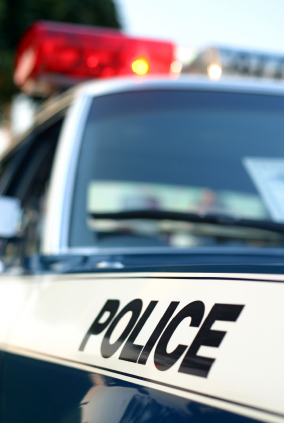
NOTE: This page reflects new material to explain how the Cannabis Regulation and Tax Act (Public Act 101-0027) adjusted Illinois DUI laws on January 1, 2020. Since that time, cannabis is legal to possess and use recreationally. But it remains an Illinois DUI offense to operate a motor vehicle while impaired by cannabis.
Illinois law on driving while license suspended or revoked makes the second offense a very serious matter.
625 ILCS 5/6-303
Driving while license suspended or revoked is referred to as DWLS or DWLR, respectively. The statutory section that governs the case, 625 ILCS 5/6-303, is often referred to as 6-303 and will appear on the traffic ticket.
A second ticket for driving while license suspended or revoked is generally a Class A misdemeanor. All such charges have a possible sentence of up to one year in jail and a fine of $2,500. But the judge is also authorized to sentence the defendant to probation and community service instead.
If the reason for the suspension or revocation is related to a DUI, however, then the second offense for driving while suspended or revoked is a very serious matter. License suspension or revocation for DUI can occur due to impairment from alcohol, cannabis, pharmaceuticals, illegal drugs, or a combination of substances. Ultimately, drivers in Illinois must refrain from operating motor vehicles while impaired – or face potential criminal consequences for DUI.
If the reason for the suspension or revocation is NOT related to a DUI – such as being suspended for no insurance, tollway violations, unpaid parking ticket, etc. – then the offense is a Class A misdemeanor. The statute also provides that the defendant must perform 100 hours of community service.
That being said, there is an extremely high volume of tickets for driving while suspended or revoked in Illinois traffic courts. So when the defendant has ticket for DWLS or DWLR, the court may deviate from the mandatory minimum sentence on the second offense. A non-DUI offense may not result in 100 hours of community service. The outcome depends on the location of the offense.
For example, the First Municipal District Court in Cook County, the Daley Center traffic court, hears all Chicago Police Department cases. The caseload is so high that if a defendant can get reinstated prior to the court date, generally, the prosecution will dismiss the case. Also, the typical sentence on the second offense is just a fine and supervision. On the other hand, in rural Illinois counties where the caseload is much lower, the minimum 100 hours of community service is often enforced.
As noted above, if the suspension or revocation is related to a DUI, then the case is much more serious.
If the defendant’s license is suspended because of a statutory summary suspension (the suspension that takes effect on the 46th day after the DUI arrest for having a blood alcohol content of 0.08 or more, or refusing to submit to chemical tests), or revoked because of a DUI conviction, then the second offense can be a Class 4 felony.
Sentencing
A Class 4 felony offense in Illinois has a sentencing range of 1-3 years in the Department of Corrections and a possible fine of $25,000. However, the court may sentence the defendant to probation instead.
The prosecution can decide whether to charge the offense as a Class A misdemeanor or Class 4 felony. The author of this article has seen the frequency of Class 4 felony charges increase for second 6-303 offenses since the year 2000. Nonetheless, these cases are charged as Class A misdemeanors more often than not.
Whether misdemeanor or felony, the second offense of driving while suspended or revoked (DUI-related) has a mandatory minimum sentence of 30 days in jail or 300 hours of community service. The 30 days in jail is not subject to reduction for what is known as early release, good behavior, good-time credit, or day-for-day credit. It is 30 days of “straight-time” to be served fully.

